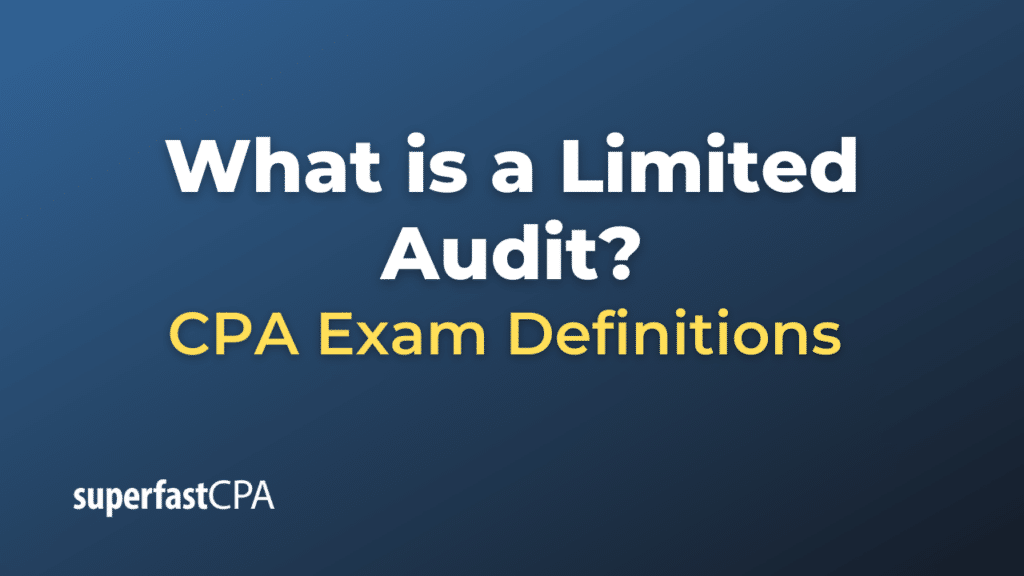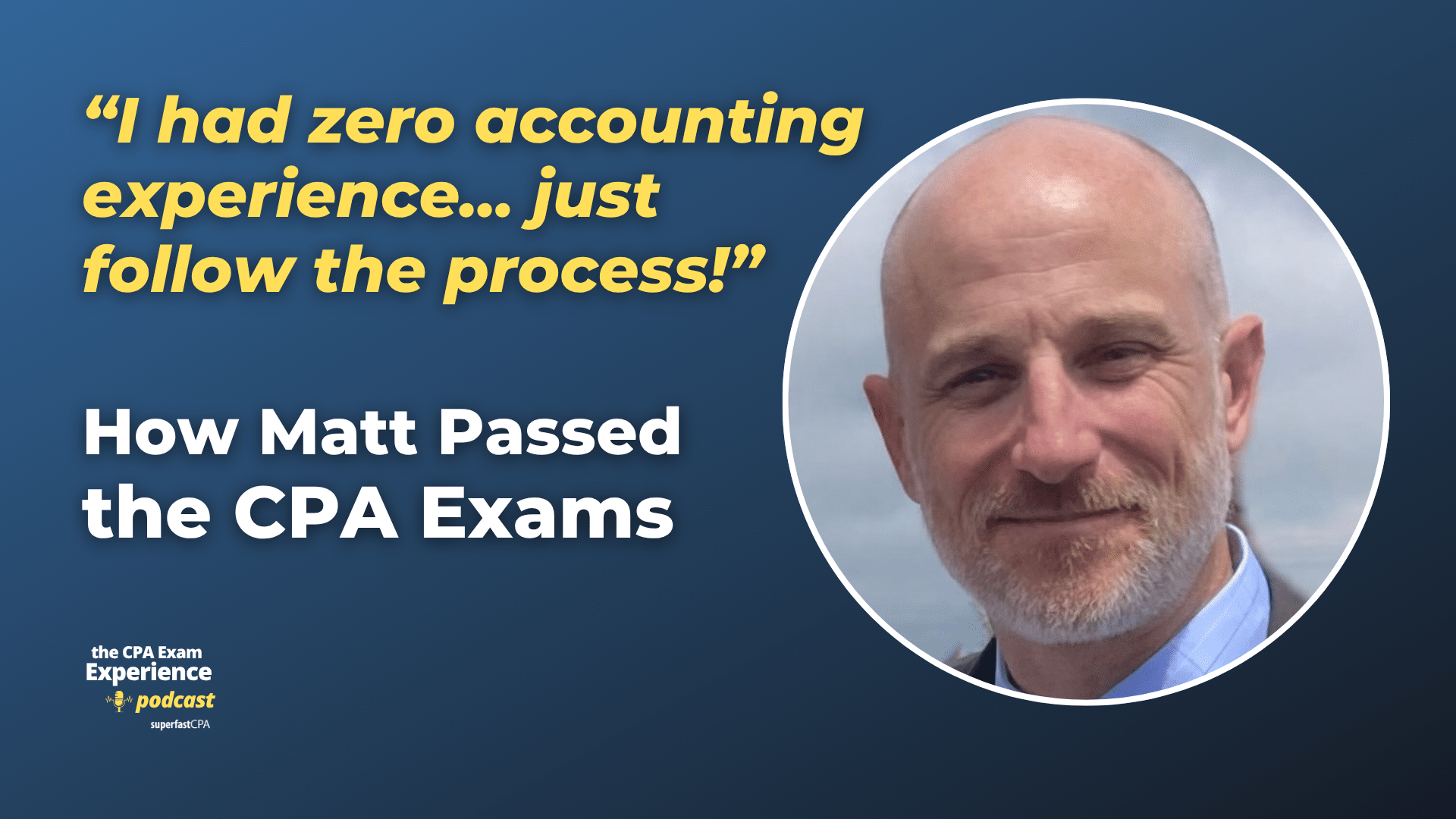Limited Audit
A limited audit, also known as a review, is a less detailed examination of a company’s financial statements and practices compared to a full or comprehensive audit. A limited audit is designed to provide a reasonable level of assurance that the financial statements are free of material misstatements, but it does not provide absolute assurance, which is the aim of a full audit.
A limited audit typically involves inquiry and analytical procedures to identify unusual items or trends in the financial statements that may need further investigation. It does not typically involve detailed testing of the data, verification of the controls, or confirmation with third parties, which are common in a full audit.
Because of its limited nature, a review is less extensive and less expensive than a full audit, but it also provides less assurance to investors, lenders, and other stakeholders about the company’s financial position. A limited audit can be appropriate for smaller businesses or non-profit organizations that don’t require a full audit, or as an interim procedure for larger organizations that have full audits at the end of the year.
It’s important to note that the specific procedures and requirements for limited audits or reviews can vary by jurisdiction, and the terminology may also vary. For example, in some contexts, a “limited audit” might refer to an audit that is limited to specific aspects of the financial statements, rather than being a less detailed version of a full audit. Always refer to the applicable auditing standards or consult with a professional auditor for accurate information.
Example of a Limited Audit
Let’s say you own a small, family-run business, FamilyCo. Your business has been growing, and your investors request an audit of your financial statements to gain assurance about your company’s financial health.
However, given that FamilyCo is a small business with limited resources, conducting a full audit might be costly and time-consuming. Also, since FamilyCo is family-operated with less complex operations, a full audit might be more than necessary.
Therefore, you decide to have a limited audit (or review) performed instead of a full audit. A local accounting firm is engaged to carry out the review. The accountants examine your financial statements and conduct inquiries about any significant changes from the previous year. They perform analytical procedures to identify any unusual trends or inconsistencies in the financial data.
For instance, they notice that your reported sales have significantly increased compared to the previous year. They ask you about the reason for this change, and you explain that you introduced a new product line which has been very successful. The accountants also compare your gross profit margin with industry benchmarks and find it consistent.
Since there are no major concerns arising from these procedures, the accountants conclude their review and provide a report that there is no material modification that should be made to the financial statements for them to be in accordance with the applicable financial reporting framework.
This limited audit provides your investors with a reasonable level of assurance about FamilyCo’s financial statements, at a lower cost and with less disruption to your business than a full audit. However, it’s important to remember that the assurance provided by a review is less than that provided by a full audit, which would involve more detailed examination and verification procedures.









